Words Matter 101: Let’s get rid of the A word

I have a personal litmus test for dog knowledge among humans. If someone asks, “is that dog aggressive?” I understand immediately that we are starting from zero. Karen Overall, the noted behaviorist, once said that as far as she could tell, the word “aggression” simply meant anything a person didn’t like. She was speaking to […]
Canine public policies shouldn’t be created from media reports

Dr. Gary Patronek and his colleagues, the authors of a ten-year study of dog bite-related fatalities (DBRF) did something not attempted before or since—they gathered their data from massive accumulations of reports and interviews done by officials, from investigating officers to coroners and pathologists. Previous work on the subject had always been based on collections […]
The QAnon of Canine Behavior Science

A story on NPR reports that the most popular facebook post on the brief suspension of the Johnson and Johnson vaccine in April was not CNN or NYT or ABC News or Fox News. They were all in the top five, but number one was a conspiracy theorist called An0maly who describes himself as a “news […]
Red herrings and just plain lies: Insurance companies vs. dog loving families

There has been much discussion lately explaining how denial of insurance coverage based on the breed of one’s family dog is a practice that discriminates against and unduly penalizes both less affluent customers and people of color.
Welcome to the Dog Park: No Dogs Allowed
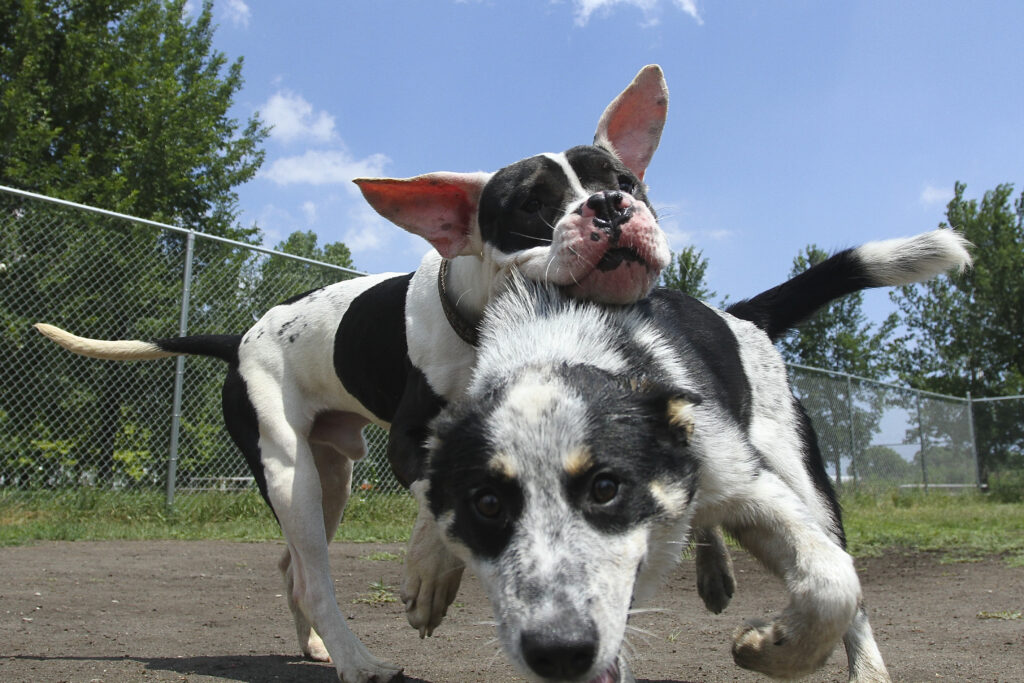
Florida dog park opens, but dogs that act like dogs are prohibited
“What kind of dog is that?” Asking the wrong question and answering it badly
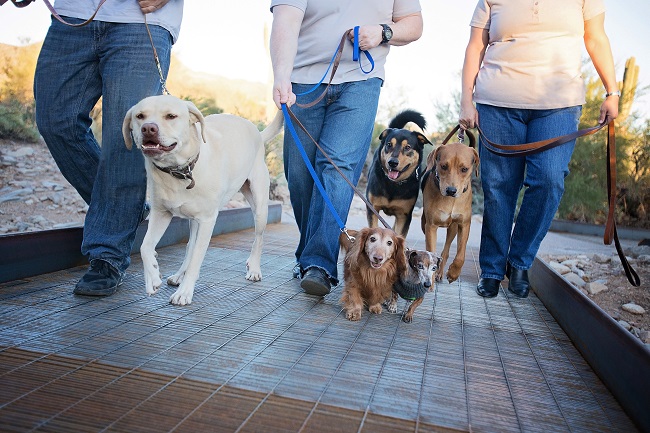
Our review has revealed no findings of breed based behavioral differences that successfully overcome all the difficulties presented by this question.
Unvalidated, unreliable, and unnecessary: Evidence for the case against formal behavior evaluations for shelter dogs
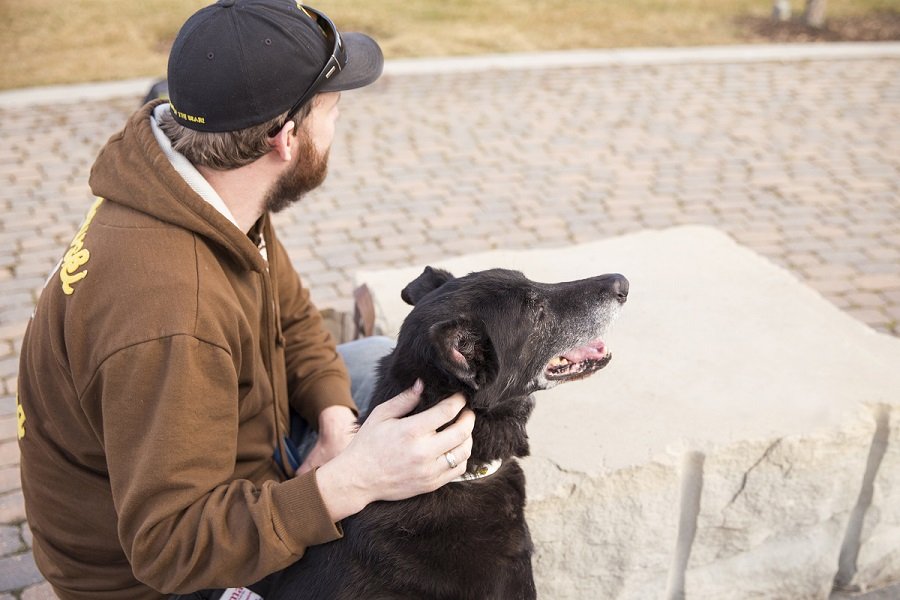
A 2019 article demonstrates that no canine behavior evaluation used for shelter dogs meets accepted scientific criteria that would justify routine use in shelters.
Welcome Back to SPARCS + 2018 Conference
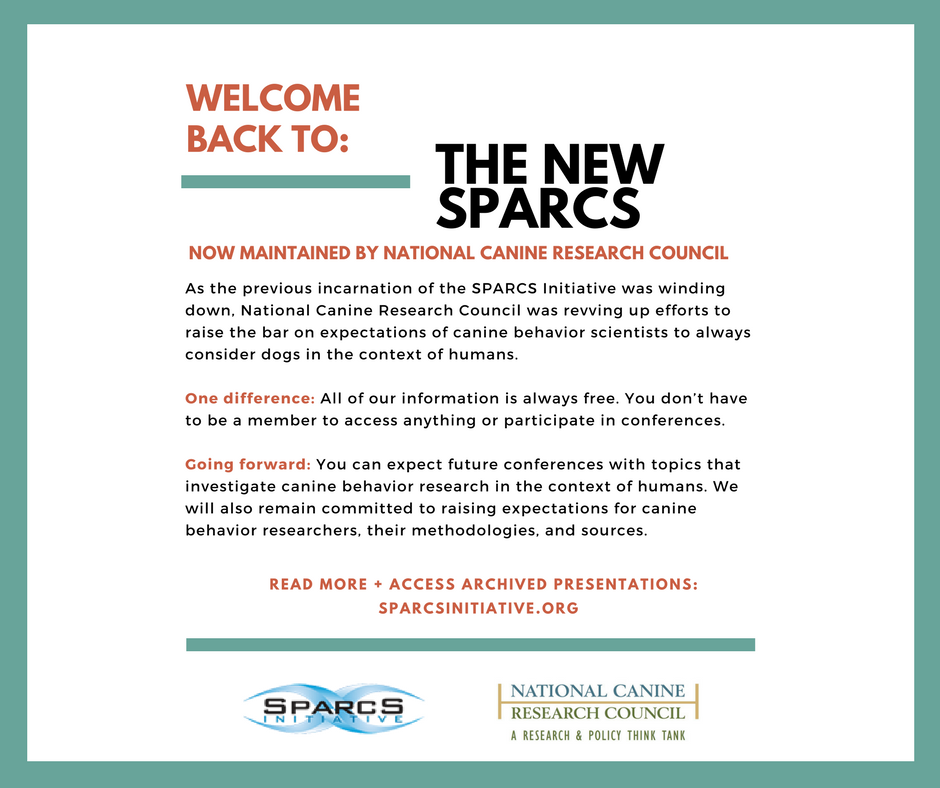
The SPARCS Initiative is now maintained by National Canine Research Council.
When Doctors Stray Outside of Expertise
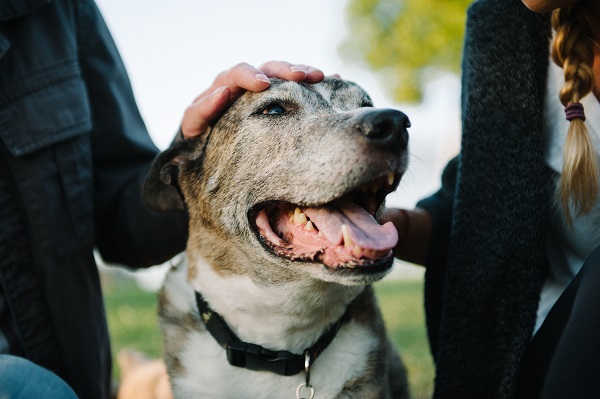
Study finds that the literature on dog bites written by human health care professionals is rife with distortions and errors, and laden with rhetorical devices that mischaracterize dog behavior and grossly overstate the actual risk of dog bite injuries.
Is it practical or possible to give a dog a test that will predict how he is likely to behave in real life situations?
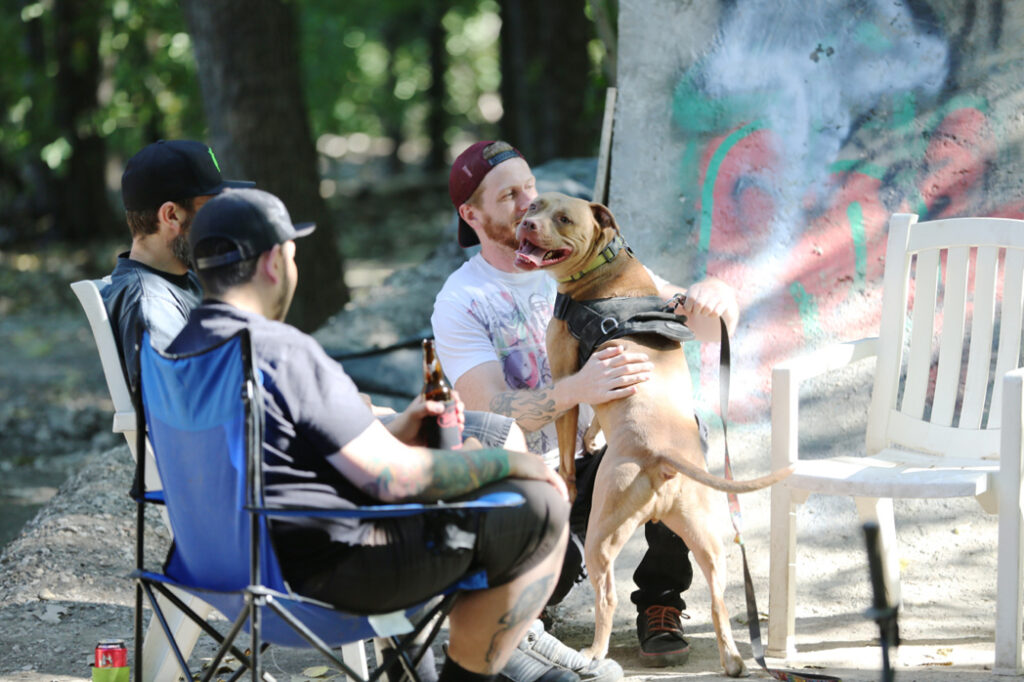
Is there a need for such a test, particularly regarding whether he is likely to get into harmful conflicts with people? This entry in our research library is our attempt to summarize what the best science to date has to say about these questions.

